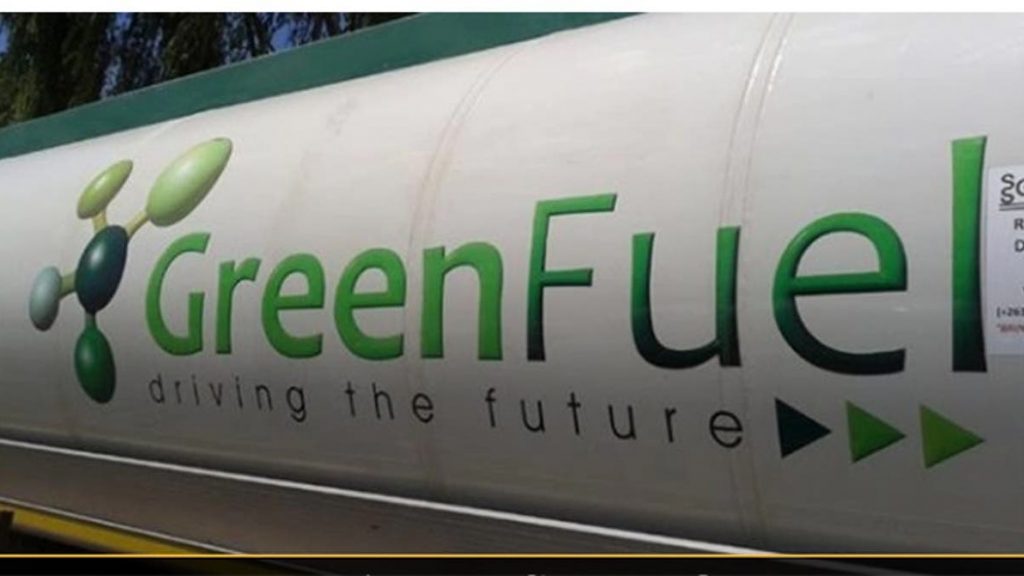India’s dependence on critical-mineral imports, particularly from China, poses a substantial risk to its green mobility ambitions, as do the increasingly protectionist policies of developed countries, the Economic Survey 2024 said.
In its commitment to green mobility, underscored by the Economic Survey 2024, the Indian government calls for a multifaceted approach to shift from traditional fossil fuels to electric vehicles (EVs). India has pledged to reduce its greenhouse gas emissions by 33-35% from 2005 levels by 2030, increase non-fossil-fuel-based electricity to 40%, and increase forest cover to absorb more carbon dioxide.
Achieving these targets necessitates a delicate balance between policy alignment, technological advancement, and addressing economic and environmental implications, the survey said.
According to the survey, it is crucial to align India’s electric mobility policy “with the optimal energy mix of traditional and renewable sources”. Ensuring grid stability, developing affordable storage technologies, and evaluating the role of nuclear energy are pivotal to making electric mobility pervasive. However, these advancements come with significant challenges.
India’s dependence on critical-mineral imports, particularly from China, poses a substantial risk to its green mobility ambitions. These minerals are essential for manufacturing EVs and other renewable-energy technologies. The opportunity cost of land and capital, the potential impairment of bank balance sheets owing to stranded assets, and the fiscal implications of transitioning from fossil fuels to EVs are other critical factors that need thorough examination.
The survey also highlighted the substantial environmental and monetary costs associated with the life-cycle of renewable-energy infrastructure, such as solar panels and wind turbines, which require significant land and periodic replacements and could thus create enormous waste problems.
The transition to EVs is likely to affect various sectors, including the freight revenues of Indian Railways, which rely heavily on transporting coal. The phasing out of coal-fired plants and the shift from internal combustion engine vehicles to EVs will also affect tax revenues from the sale of petrol and diesel, posing additional economic challenges to both the union and state governments, the Economic Survey said.
India’s green transition is further complicated by the protectionist policies of developed countries, the survey said. The European Union’s Carbon Border Adjustment Tax (CBAM) and similar measures by the UK and the US could contravene the spirit of the Paris Agreement, putting additional pressure on India’s green mobility efforts.
The Economic Survey 2024 called for a cohesive strategy that aligns policy across ministries and states, recognises the economic trade-offs, and addresses the technological challenges. Developing indigenous solutions, reducing dependence on hostile nations for resources, and managing the fiscal impact will be crucial to achieving sustainable and equitable growth in green mobility, it said.




Recent Posts
Stena Line’s Hybrid Ferry Stena Futura Completes Sea Trials, Set to Boost Irish Sea Freight Capacity
Taiwanese owner makes methanol move with WinGD across multiple engine orders
Econowind installs four VentoFoils on tanker M/T JUTLANDIA SWAN
Global Maritime Groups Unite to Launch Alliance for Electrification of Shipping Sector
India Charts Green Future for Maritime Sector with Hydrogen Hubs and Sustainable Port Strategy
ZeroNorth’s SMARTShip platform integrates with ClassNK MRV portal to automate emissions reporting
Towngas Partners with TLB, Pacific Basin to Advance Green Marine Fuel Infrastructure in Hong Kong
SECI Extends Bid Deadline for Green Ammonia Tender Under SIGHT Scheme